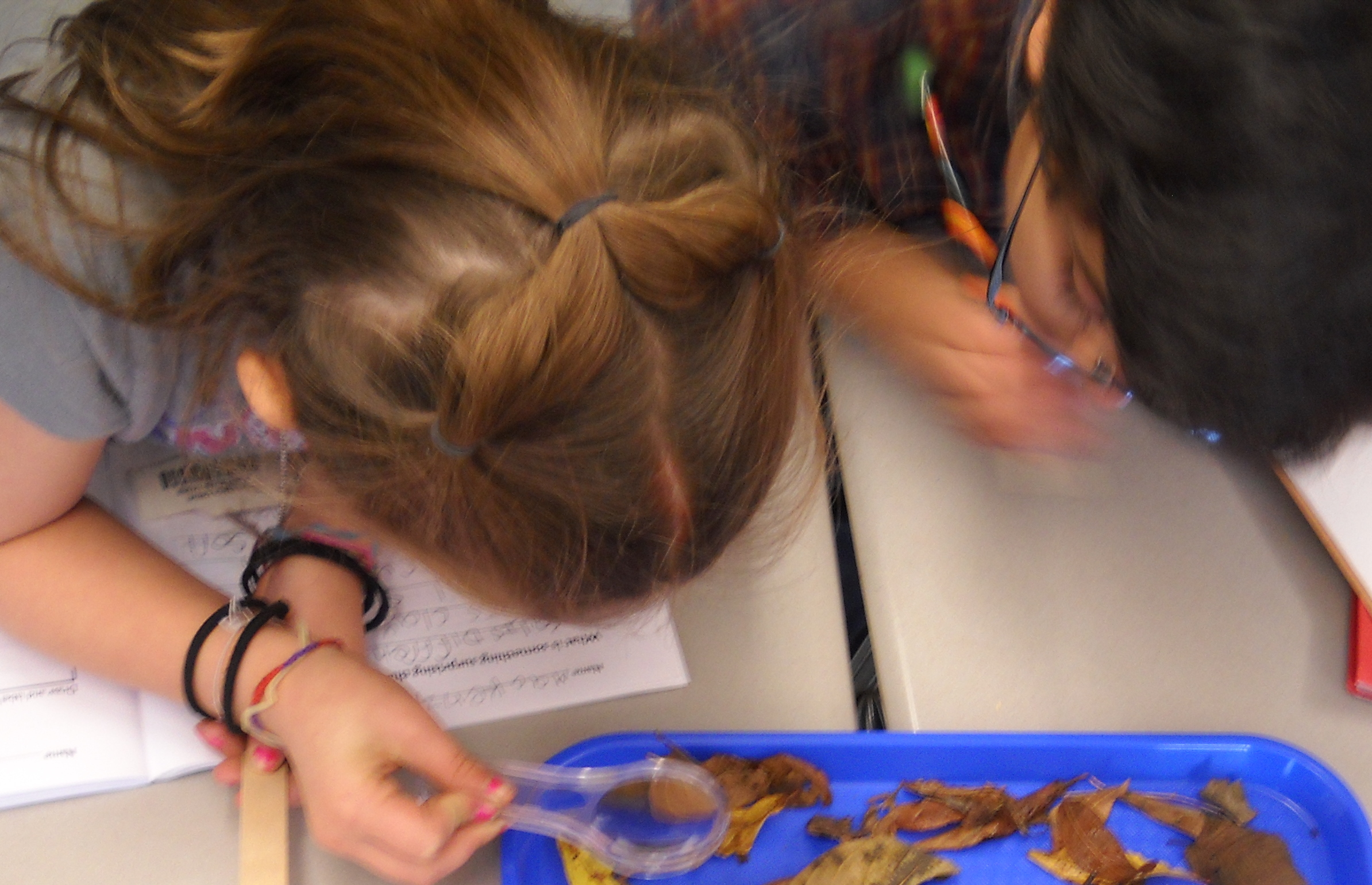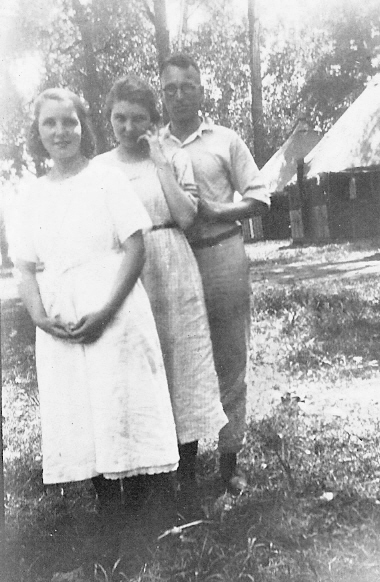A Common Thread
If you don't subscribe to the weekly Tip of the Week newsletter from the Sisters - Gail Boushey and Joan Moser, you are missing out on something really special.This week's front page essay was written by Joan and it really struck a chord with me. Teachers in current education practice are often stuck between a rock and a hard place: we often are charged with a mandate that we, as teachers, as professionals, know is not in the best interest of our students. What do we do - beside the obvious choice of continually attempting to change thinking? Joan - and Gail - raise an issue that, in my opinion, makes education a different kind of career.Or does it? When an employee in the private sector - an employee at a large corporation - encounters a mandate that just doesn't make sense is there ever any pushback? When the directive is one that impedes or prevents the employee from accomplishing a goal, do employees abandon their own thought and analysis to blindly follow a directive "just because"?My sense, which is anecdotal of course, is that they do not. Maybe educators need to be more forceful advocates for what benefits our students when we get a mandate that clearly won't be helpful.Which brings up another blog entry that was recommended to me this week: The Real Mr. Fitz. In his "Letter to Mr. Obama", David Lee Finkle points out the irony of some of the more head-scratching initiatives that have impacted education in recent memory. Need I mention it is statistically improbable - if not impossible - that 100% of all students will read on grade level by 2015.As David Lee Finkle says
...reformers are saying we should put students first. That is what I try to do every single day in my classroom. But I feel the reformers are putting everything but students first: test scores, data, common standards and assessments, value-added models, and standardized curricula are all coming first. Real, flesh and blood students with real problems, hopes and dreams are the last thing on the reformer's agenda.
Two blog postings connecting with a common theme: teachers DO know what they are doing, we are here for the kids.

 Starting at Copley, where Trinity Church services were just getting underway, we strolled around the Square, down Boylston - stopping for coffee of course - through the Public Garden and on to the Common.By the time we reached the Public Garden, families were beginning to come out to enjoy the morning. The Frog Pond wasn't open for skaters - yet - but the Zamboni was making the final sweep to clean up the ice, Children were enjoying the playground nearby.
Starting at Copley, where Trinity Church services were just getting underway, we strolled around the Square, down Boylston - stopping for coffee of course - through the Public Garden and on to the Common.By the time we reached the Public Garden, families were beginning to come out to enjoy the morning. The Frog Pond wasn't open for skaters - yet - but the Zamboni was making the final sweep to clean up the ice, Children were enjoying the playground nearby. Boston is definitely a city for walking. And on this first day of 2012, I think we've discovered a new way to celebrate the advent of a new year.
Boston is definitely a city for walking. And on this first day of 2012, I think we've discovered a new way to celebrate the advent of a new year. As typically happens when implementing a new program, you read it once, read it again, and still miss something. At least I had remembered to gather leaf matter from my backyard for the student observation. But as it was 6:30 and I was on my way to school, I just picked up what I could from the side of my driveway. To me, it just looked like a bunch of dead red maple leaves - nothing too interesting to observe and record.Well, were we all in for a surprise. Table by table, each group discovered not only leaves (and a few sticks), but BUGS! Spiders, beetles, bug casings -- the whole gamut. And were the kids ever excited! "This is the best day of my whole life," one of my less-academically inclined students yelled. I think I would agree.I never know just how valuable, exciting, and wonderful a lesson is until it gets rolled out in front of the students. All that hand wringing? Worth it.
As typically happens when implementing a new program, you read it once, read it again, and still miss something. At least I had remembered to gather leaf matter from my backyard for the student observation. But as it was 6:30 and I was on my way to school, I just picked up what I could from the side of my driveway. To me, it just looked like a bunch of dead red maple leaves - nothing too interesting to observe and record.Well, were we all in for a surprise. Table by table, each group discovered not only leaves (and a few sticks), but BUGS! Spiders, beetles, bug casings -- the whole gamut. And were the kids ever excited! "This is the best day of my whole life," one of my less-academically inclined students yelled. I think I would agree.I never know just how valuable, exciting, and wonderful a lesson is until it gets rolled out in front of the students. All that hand wringing? Worth it.



